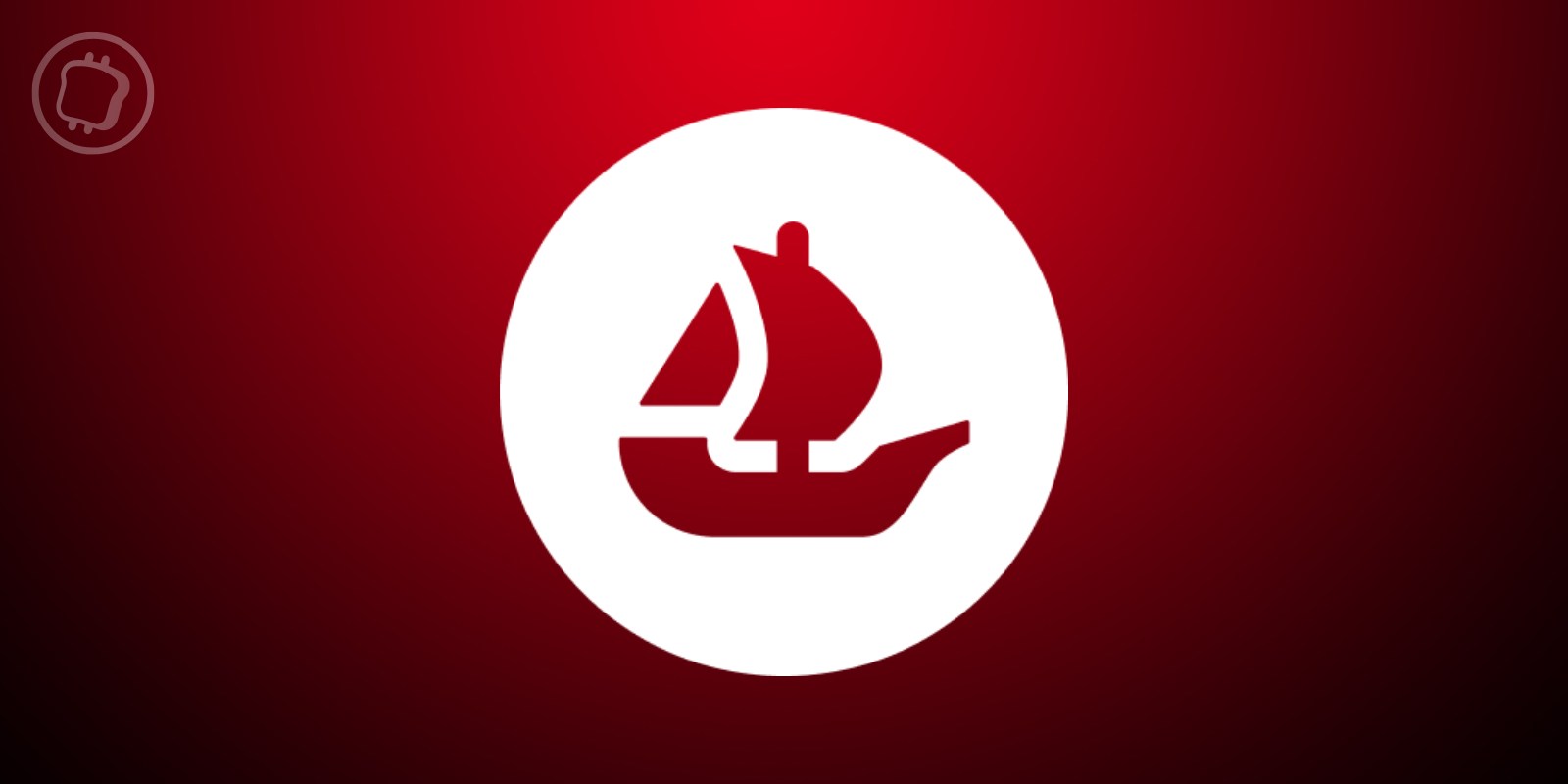Mr. Maubach, Uniper has become a symbol of the failed German energy policy. Your company writes a record loss of 40 billion euros and is nationalized. What are your personal lessons from the horror year 2022?
I draw the same lessons for myself as Germany as a whole needs to draw: We have relied heavily on Russia as a supplier of coal, oil and gas. We did this on the basis of the experience of a reliable business relationship spanning more than 50 years. Russia’s attack on Ukraine in February was a turning point.
In the FAS interview three weeks before the start of the war, you reassured us and praised Russia as a reliable gas supplier at all times, despite clear signs of a crisis. Should you have sounded the alarm earlier?
I don’t want to glorify anything, but I’m also not one of those who have always known everything. I didn’t think that was possible and believed that the decades-long gas supply relationship with Russia would endure. I didn’t think it could get any worse than the coldest days of the Cold War. Unfortunately, even after the Russian invasion, I defended Gazprom as a reliable supplier. Today I blame myself for not having seen that it is connected.
Other countries have been warning Germany for years against becoming too dependent on Russian gas. That was ignored.
In hindsight, there is always someone who was right with his predictions. To put it very bluntly: afterwards you always know the correct lottery numbers. There are millions of forecasts out there at any point in time, and my problem as a CEO is: I don’t know beforehand which ones will turn out to be correct.
However, these were not just any forecasts, but warnings from the governments of partner countries.
Sorry, but I have to say: For me, the German government is decisive. And German heads of government have said for many years that the energy deals with Russia are in order and that the construction of the Nord Stream 2 natural gas pipeline is supported. That was political consensus. This was not only supported by Ms. Merkel, but also by the SPD. Even at times when Donald Trump vehemently opposed it. There wasn’t a major political force in Germany that said: We don’t want that. It is true that Eastern European partners, especially Poland, have shown their opposition. But as a German company, we were in line with the interests and positions of German politics at the time.
Have you thought about quitting and retiring this year?
Assuming that was the case on some gray Saturday, do you think now would be the right time to tell you that in this interview? Not me.

Uniper workers at the natural gas storage facility in Bierwang
:
Image: AFP
Do you have the confidence of the federal government to go ahead?
Without trust, there is no cooperation. But you have to ask the federal government this question.
As of today, the Uniper rescue will cost taxpayers up to 51 billion euros, which is also a record in the history of the German stock market. Is that the “worst case” or can it get even more expensive?
I can’t confirm the 51 billion euros, the media have stacked several numbers on top of each other. At the Annual General Meeting on Monday, we approved a capital increase of EUR 8 billion and authorized capital of a further EUR 25 billion by the federal government. We currently assume that these 33 billion will be enough to cover the losses from the necessary, more expensive gas procurement until the end of 2024.
The 51 billion are wrong?









